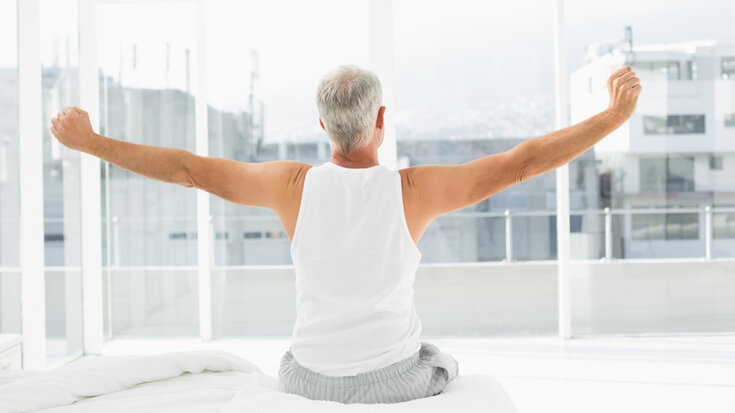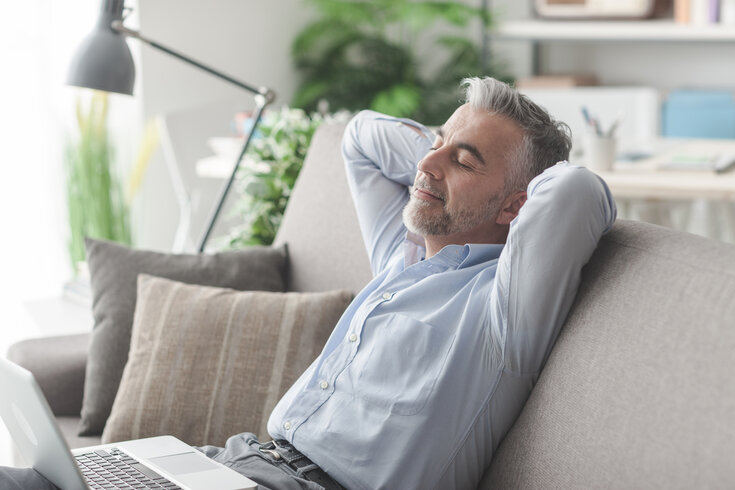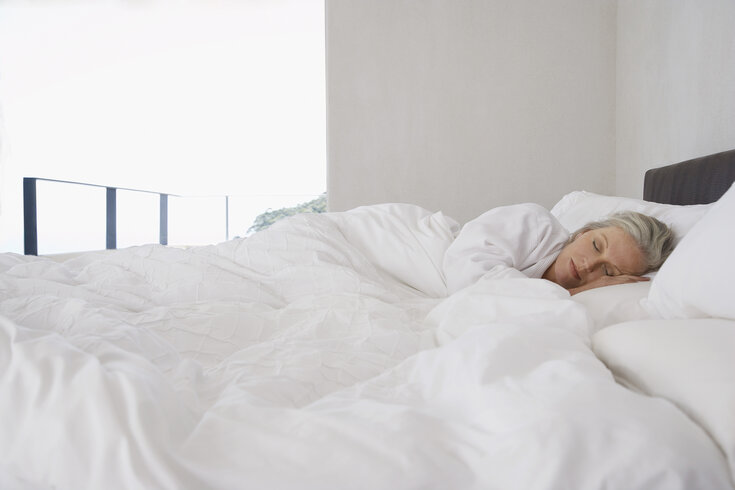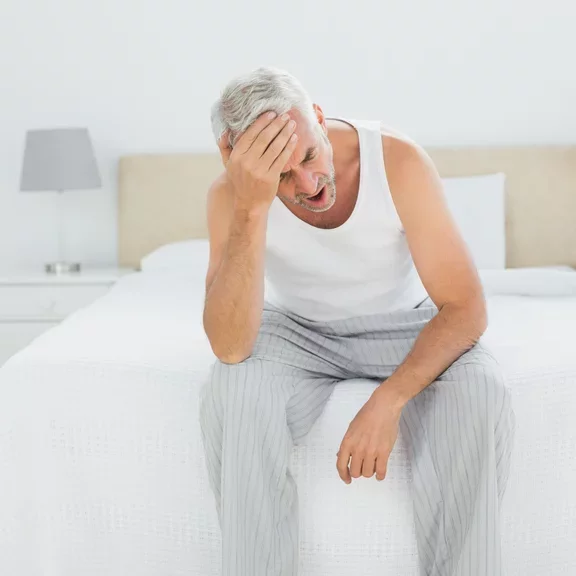Sleep Hygiene
Hygiene may seem like a strange word to use with sleep. However, the term ‘hygiene’ describes practices that support good health, such as hand washing and cleanliness to reduce the risk of infection. Quality sleep is crucial for mental and physical wellbeing, therefore it makes sense to use the term ‘sleep hygiene’ to describe habits that promote better sleep.
What is sleep hygiene?
‘Sleep hygiene’ simply means habits that foster getting a good sleep. It includes things such as:
- Daily routines, such as getting enough exercise and sunlight
- What you do (and what you avoid) before bedtime
- Creating a bedroom environment that’s conducive to relaxation.
Why sleep hygiene matters
Research has shown that enough high-quality sleep is vital for physical and mental health. However, many Australians struggle to get adequate sleep.
In fact, a 2019 report commissioned by Australia’s Sleep Health Foundation found almost 60 percent of people regularly experience at least one sleep symptom, such as difficulty falling or staying asleep. Almost 15 percent of people have symptoms that could lead to a diagnosis of clinical insomnia. (Reynolds et al., 2019)
Everyone, including children, needs enough sleep to function at their best, and sleep hygiene can play a crucial role in achieving that goal.
Tips for good sleep hygiene
There are numerous habits that can improve sleep health.
Daily Routines
- Be consistent – regular waking and sleeping times, even on weekends, help establish a good sleep rhythm.
- Light exposure – light, especially sunlight, helps regulate your body’s circadian rhythms. Aim to get some sunlight every morning, preferably within an hour of waking. The exact amount for most benefit isn’t known, but between 30 and 45 minutes is commonly recommended. (Peters, 2020)
- Physical activity – regular exercise promotes sleep. Aim to be physically active every day but avoid exercising too close to bedtime as your body needs time to unwind.
- Quit smoking – nicotine is a stimulant and raises heart rate and blood pressure. Smoking is also linked with sleep disturbance and may be a risk factor for disorders such as obstructive sleep apnoea (OSA). Even reducing how many cigarettes you smoke each day may help. (Deleanu et al., 2016)
- Manage caffeine intake – caffeine is a stimulant, so avoid it later in the day.
- Reduce alcohol consumption – sleep can be disrupted when the effects of alcohol wear off.
- Avoid afternoon naps – these can make it harder to get to sleep later.
Your bedroom
- Ensure your bedroom is quiet, dark and a comfortable temperature.
- Invest in a comfortable mattress and pillow and quality bedding.
- Create a mental link between your bedroom and sleep by limiting bedroom activities to sleep and sex.
- Only go to bed when you’re tired – if you don’t feel sleepy at bedtime, do something relaxing until you do.
- If you’re not asleep after 20 minutes, or wake during the night and have trouble getting back to sleep, don’t stay in bed feeling frustrated. Instead, get up and do something that helps you feel calm and relaxed until you feel sleepy again.
- Improving the quality of your sleep hygiene can be easier if the whole family gets involved. Most children love being part of a 'family project', and involving them in your sleep hygiene efforts will help them develop lifelong habits that support physical and mental wellbeing.
- If you live alone, try enlisting the help of a friend or relative to be your 'sleep buddy'. That way, you can support one another to create new and beneficial habits.
- Everyone is different, and you might need to experiment to find the sleep hygiene routine that works best for you.
- Focus on perseverance rather than the idea of success or failure. Remember that even small changes make a difference and add up to bigger changes over time.
Before bedtime
- Avoid eating late – so your body isn’t working to digest food while you’re trying to get to sleep. Aim to have your last meal at least two to three hours before bedtime.
- Wind down – limit mental and physical activities at least 30 minutes before bed so your mind and body start to relax. Try gentle stretching, light reading or listening to calming music.
- Turn off electronic devices 30-60 minutes before bed.
- Follow a routine – going through the same steps each night (such as switching off the TV, putting on pyjamas and brushing your teeth) reinforces the fact that it’s bedtime.



